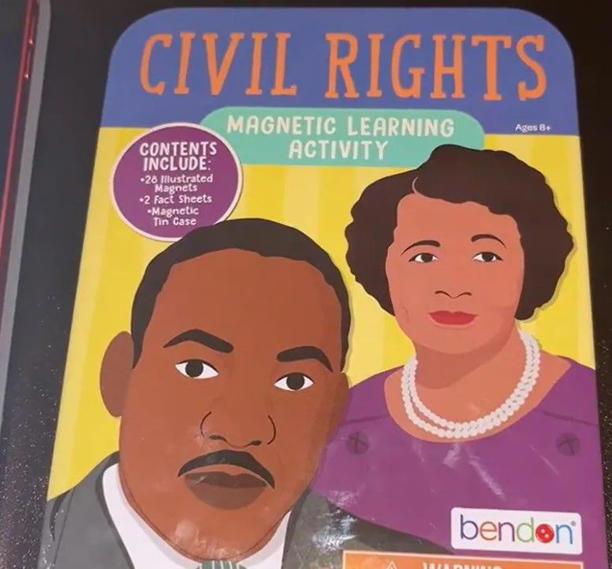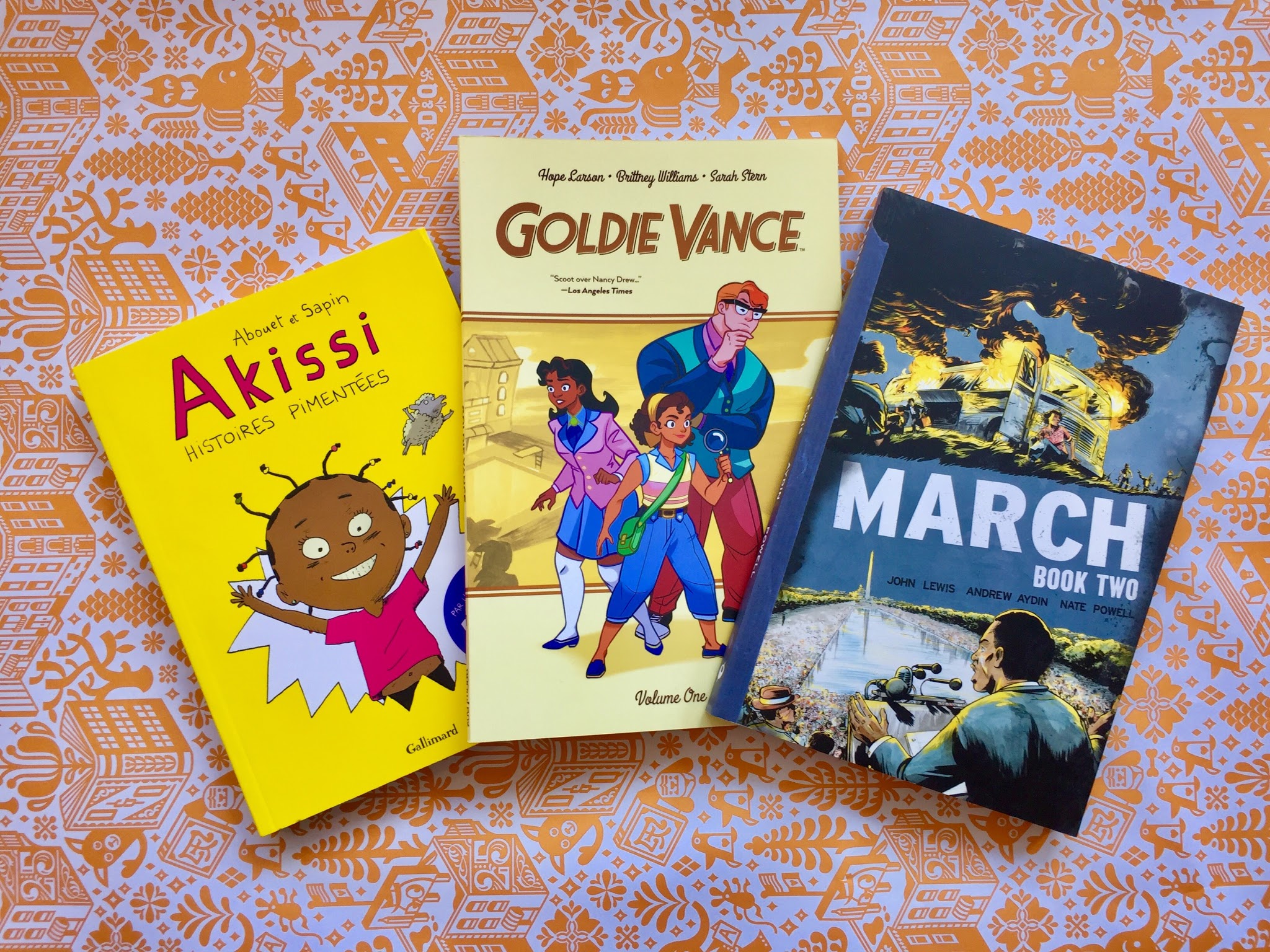In a surprising turn of events, Target is under scrutiny after a Jacksonville resident, Wendi Orr, attempted to purchase black history children’s books for her church library, only to find them flagged as ‘DO NOT SELL’ at the register. Orr, excited about the engaging content featuring a diverse array of black history figures, questioned the store’s decision.
Upon requesting assistance from a manager, Orr was informed that selling the books would be illegal due to a misprint. Perplexed, she questioned the likelihood of every single book on various black history figures having the same issue.
“This mission was about passing on education and knowledge to future generations. Target needs to make this right for the greater good,” Orr emphasized.
The incident parallels another controversy involving the “Civil Rights Magnetic Learning Activity,” which was pulled from shelves after a TikTok video exposed mislabeled historical figures. Although Orr’s chosen collection wasn’t featured in the viral video, it faced a similar fate as it came from the same company.

Read more:
- Diversity Prohibition in Texas Public Colleges: Effects on Students and Multicultural Organizations
- High School Athletes in Florida May Soon Benefit from NIL Opportunities
- Student Consequences Authorized for Supporting Hamas
- Student Loan Realities: The Shift from Pause to Panic for Borrowers
Concerns Raised Over Widespread Misprints
Wendi Orr’s experience sheds light on concerns about the extent of misprints in black history children’s books at Target. The apparent refusal to sell due to misprints raises questions about the accuracy and quality control of products offered by the retail giant.
Target’s Response and Accountability
Target, a key player in the retail industry, is now under pressure to address the issue and rectify the situation. Orr’s plea for accountability and rectification not only echoes her personal experience but also advocates for the broader community and future generations who could benefit from these educational resources.
As of now, Target has not issued an official statement on the matter. However, consumers are eager to see how the retail giant plans to resolve the issue and ensure the availability of accurate and informative materials.
Community Outcry for Corrective Measures
Wendi Orr’s call for Target to “make it right” has resonated with many who see the incident as more than just an isolated case. The potential widespread misprints in black history children’s books have sparked concerns about the responsibility of retailers to provide accurate educational resources.
Community members are expressing their support for Orr’s mission to secure correct and informative materials for her church library. Many are urging Target to not only address this specific incident but also to implement measures to prevent similar occurrences in the future.
Social Media Impact
The power of social media in influencing public opinion is evident in this case. The viral TikTok video that led to the removal of the “Civil Rights Magnetic Learning Activity” has indirectly impacted other products from the same company, including the collection Wendi Orr sought to purchase. This incident highlights the role social media plays in holding companies accountable for the quality of their products.
Implications for Educational Initiatives
Beyond the immediate controversy, the incident raises broader questions about the role of retailers in supporting educational initiatives. The misprints in black history children’s books not only hinder individual learning experiences but also pose a threat to the broader goal of passing on accurate historical knowledge to younger generations.
Calls for Transparency and Quality Assurance
Consumers are now calling for greater transparency in the production and quality assurance processes of educational materials. Target, along with other retailers, is urged to take steps to ensure that misprints and inaccuracies are identified and addressed before products reach the shelves.
Future Steps for Target
The ball is now in Target’s court as consumers await the company’s response to the growing concerns. Addressing the issue promptly and transparently will be crucial in rebuilding trust and reaffirming Target’s commitment to providing accurate and educational materials to its customers.
Conclusion
The controversy surrounding misprinted black history children’s books at Target has ignited discussions about the responsibility of retailers in offering accurate educational resources. Wendi Orr’s experience, coupled with the impact of social media, has drawn attention to the need for transparency, quality assurance, and accountability in the production and sale of educational materials. As consumers wait for Target’s official response, the incident serves as a reminder of the influence individuals and communities can have in holding corporations accountable for the products they offer to the public.

